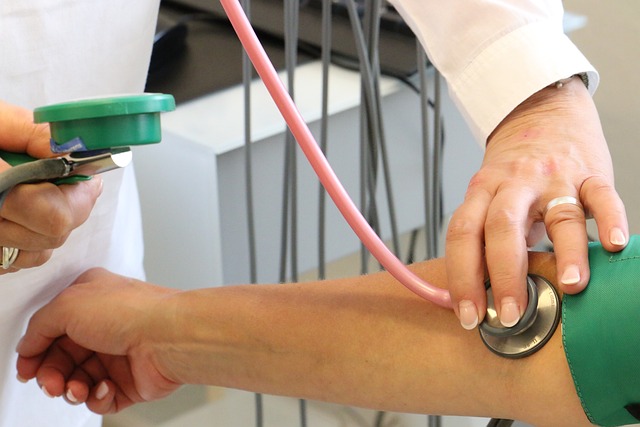
Presentation highlights growing evidence linking vasomotor symptoms to increased risk of cardiovascular disease
It is estimated that more than 70% of women experience hot flashes at some point during the menopause transition. Although it has long been accepted that hot flashes can affect mental health and quality of life, accumulating research suggests a link between them and the risk of cardiovascular disease in women.
A presentation at the North American Menopause Society (NAMS) annual meeting in Atlanta, Oct. 12-15, highlights concerns linking hot flashes to heart health.
Cardiovascular disease is the leading cause of death in women, and the risk accelerates in middle age during the menopause transition. Large epidemiological cohort studies, as well as clinical studies using physiological assessments of vasomotor symptoms, have produced evidence linking hot flashes and heart disease risk.
Specifically, women with more frequent hot flashes have poorer cardiovascular risk factor profiles, including elevated blood pressure (or hypertension), insulin resistance (or diabetes), and dyslipidemia, as well as a higher risk of underlying atherosclerosis. More frequent or persistent hot flashes have also been linked to an increased risk of cardiovascular disease events such as heart attack and stroke as women age.
More recent research has also linked vasomotor symptoms to indicators of brain health, including markers of small blood vessel disease in the brain.
Dr. Rebecca Thurston of the University of Pittsburgh will lead the presentation that will explore possible underlying physiological mechanisms that may link vasomotor symptoms to cardiovascular risk, as well as the clinical implications of this work.
“Hot flashes are considered symptoms with implications for quality of life, but not necessarily for physical health. Accumulating research has challenged this long-standing clinical wisdom and underscores that frequent or severe hot flashes may indicate that women are at increased risk of cardiovascular disease in middle age and beyond,” says Dr. Thurston.
“This presentation addresses the latest thinking on how women with a high burden of vasomotor symptoms may particularly benefit from targeted cardiovascular reduction efforts as they age,” says Dr. Faubion, medical director of NAMS.
















